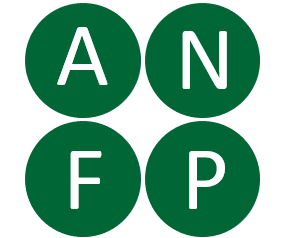Protective effect of a new generation of activated and purified bentonite in combination with yeast and phytogenic substances on mycotoxin challenge in pigs
by Pavel Horky, Hana Abigail Gruberova, Tereza Aulichova, Svetlana Malyugina, Petr Slama, Ales Pavlik, Jiri Skladanka, Misa Skoric, Sylvie Skalickova

Abstract
The study aimed to investigate the efficacy of new mycotoxin adsorbents based on purified and activated bentonites combined with yeast and phytogenic compounds in fattening pigs. The experiment involved 96 pigs (31.2±2.4 kg). Control (C) group was fed a diet naturally contaminated with mycotoxins (5 mg/kg deoxynivalenol, DON) without an adsorbent. Treated groups received the feed with mycotoxin adsorbents: purified and activated bentonite (T1), purified and activated bentonite, yeast derivatives, phytogenic substances (T2), and purified, activated, and sulphurated bentonite with phytogenic substances (T3). Evaluated parameters involved growth performance, organ weight, small intestine and liver histopathology, complete blood count, serum biochemistry, antioxidant status of the organism and total and free DON content in urine. In all treated groups, an significant increase in intestinal GSH and GSH/GSSG ratio was observed when compared to C. No significant effects on liver and kidney weight, complete blood count, serum or intestinal malondialdehyde concentration, or total/free DON content in urine were observed. All adsorbents improved histopathological findings in the liver when compared to C. Moreover, T1, and T2 groups showed no presence of inflammatory reaction or necrotic changes in the livers. Although, mycotoxin adsorbents investigated in this study had no significant impact on pig growth performance, they reduced the oxidative stress, and on the tissue level they protected the jejunal tissue and liver parenchyma under deoxynivalenol challenge.
